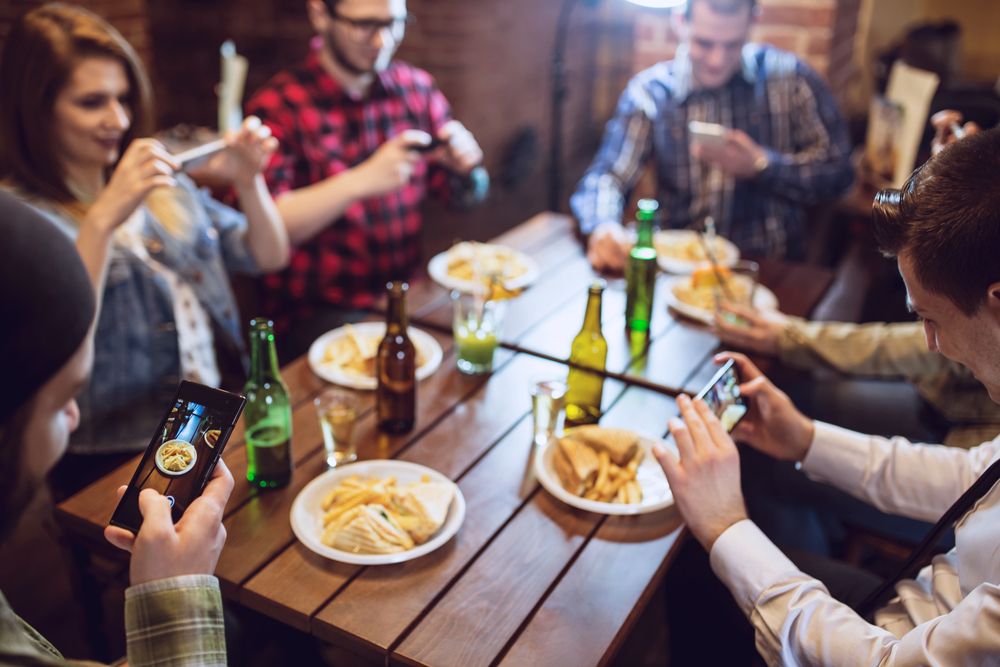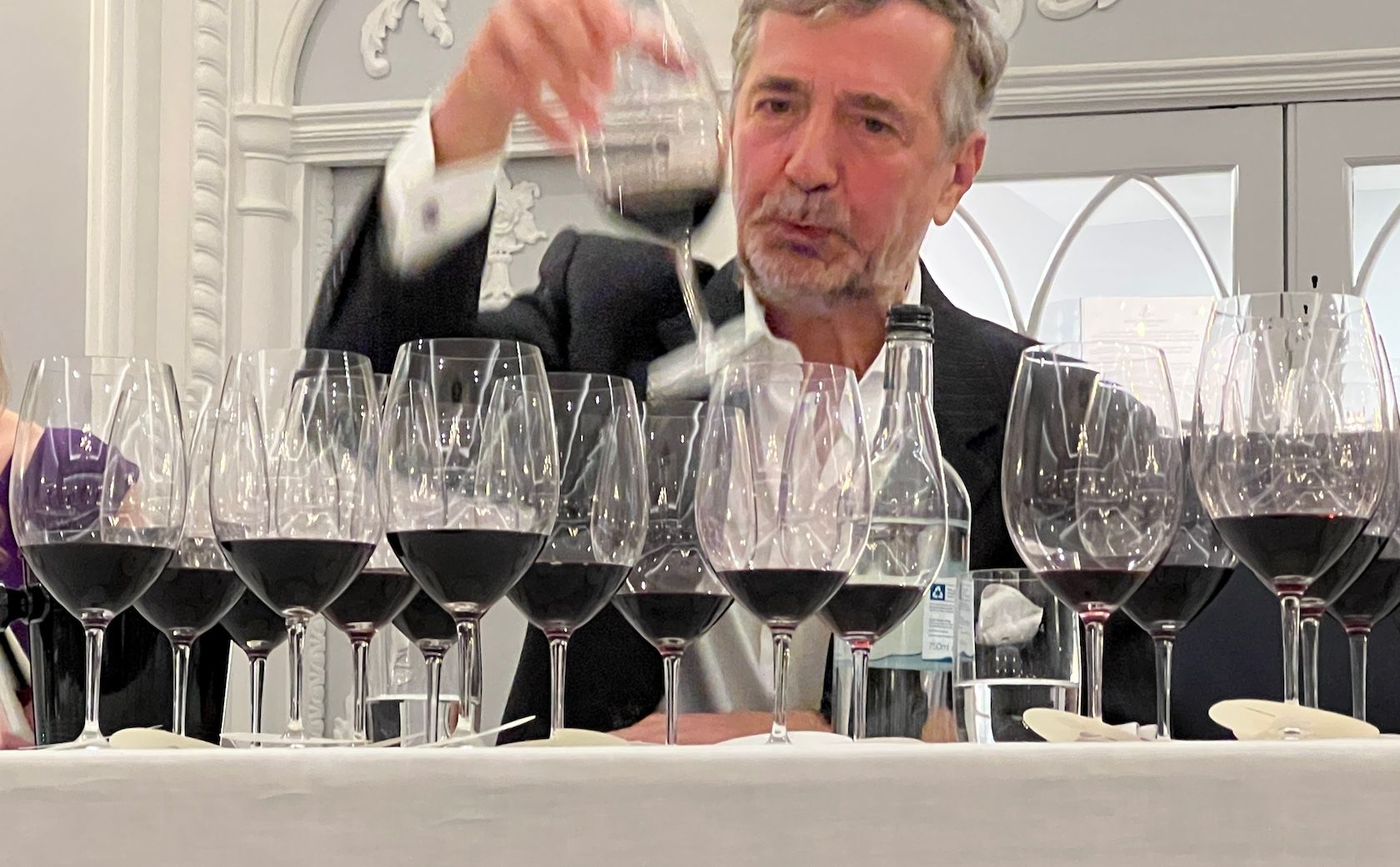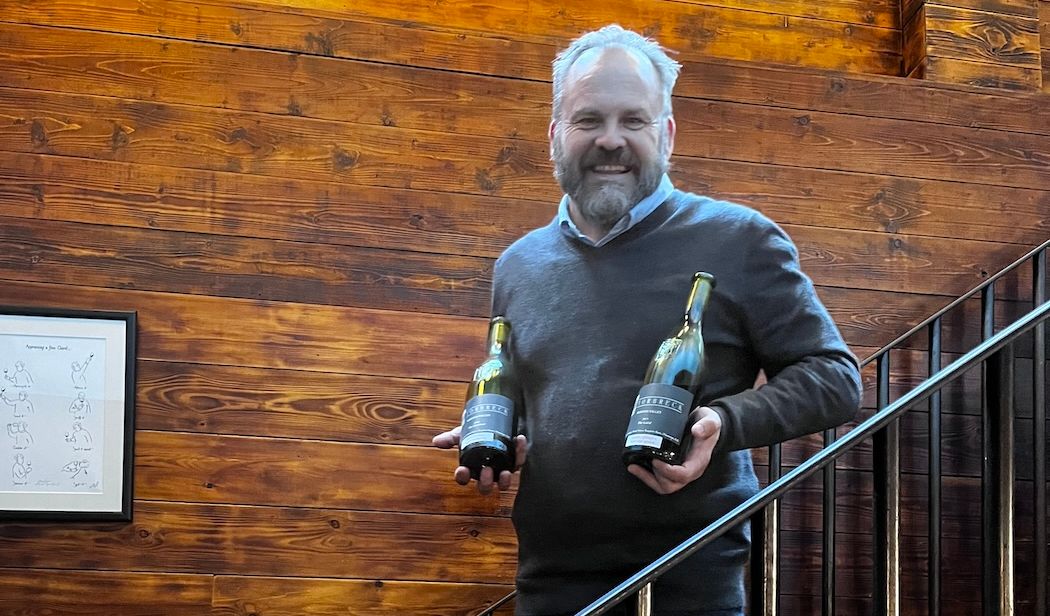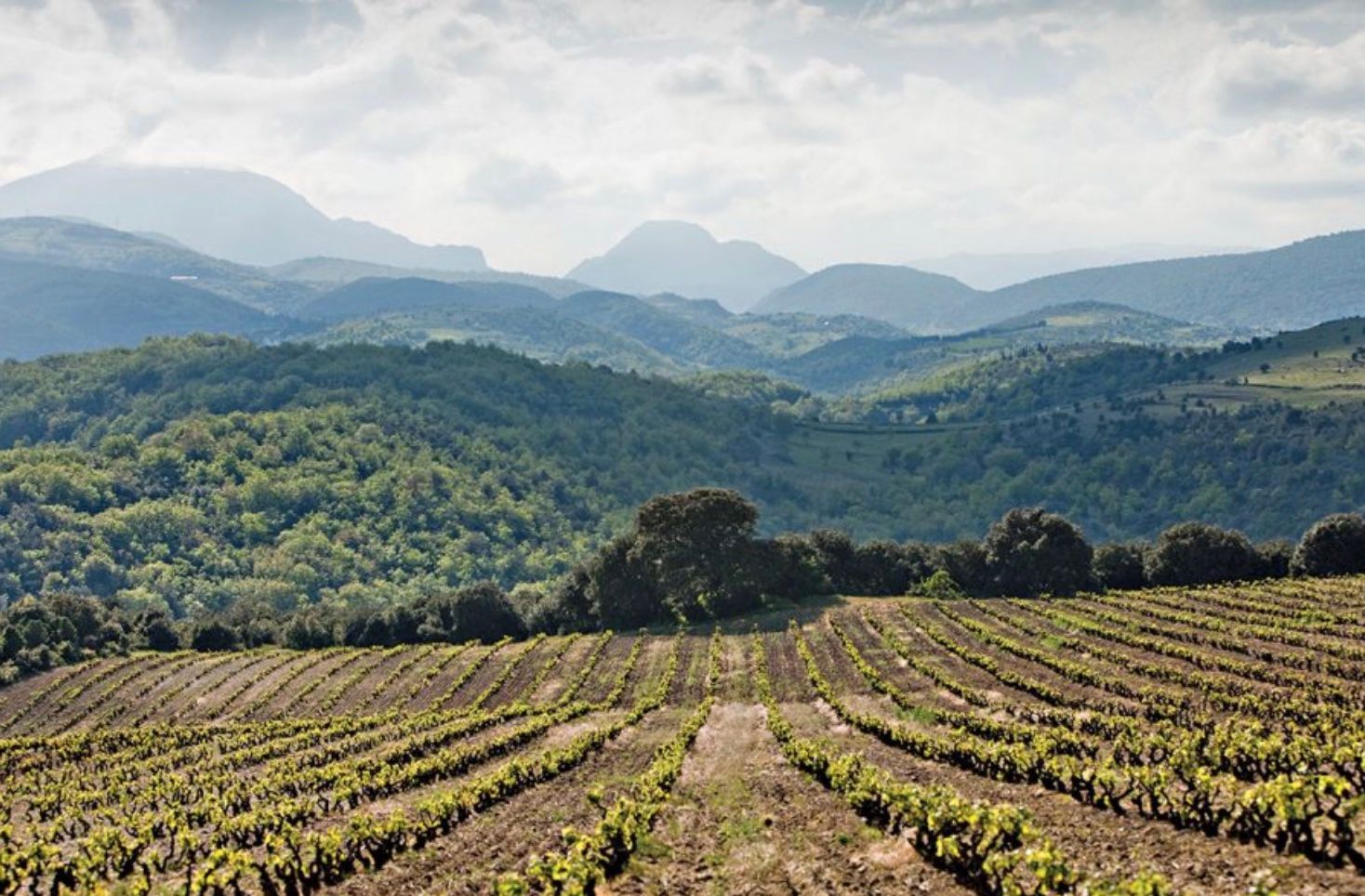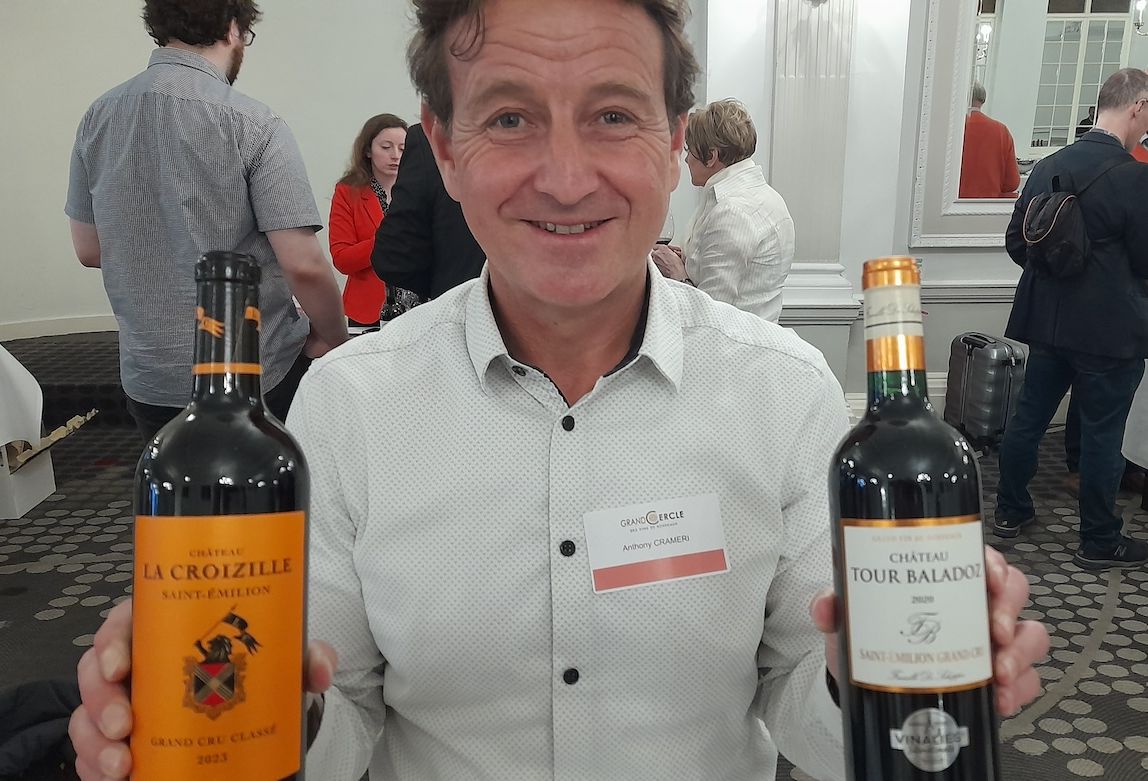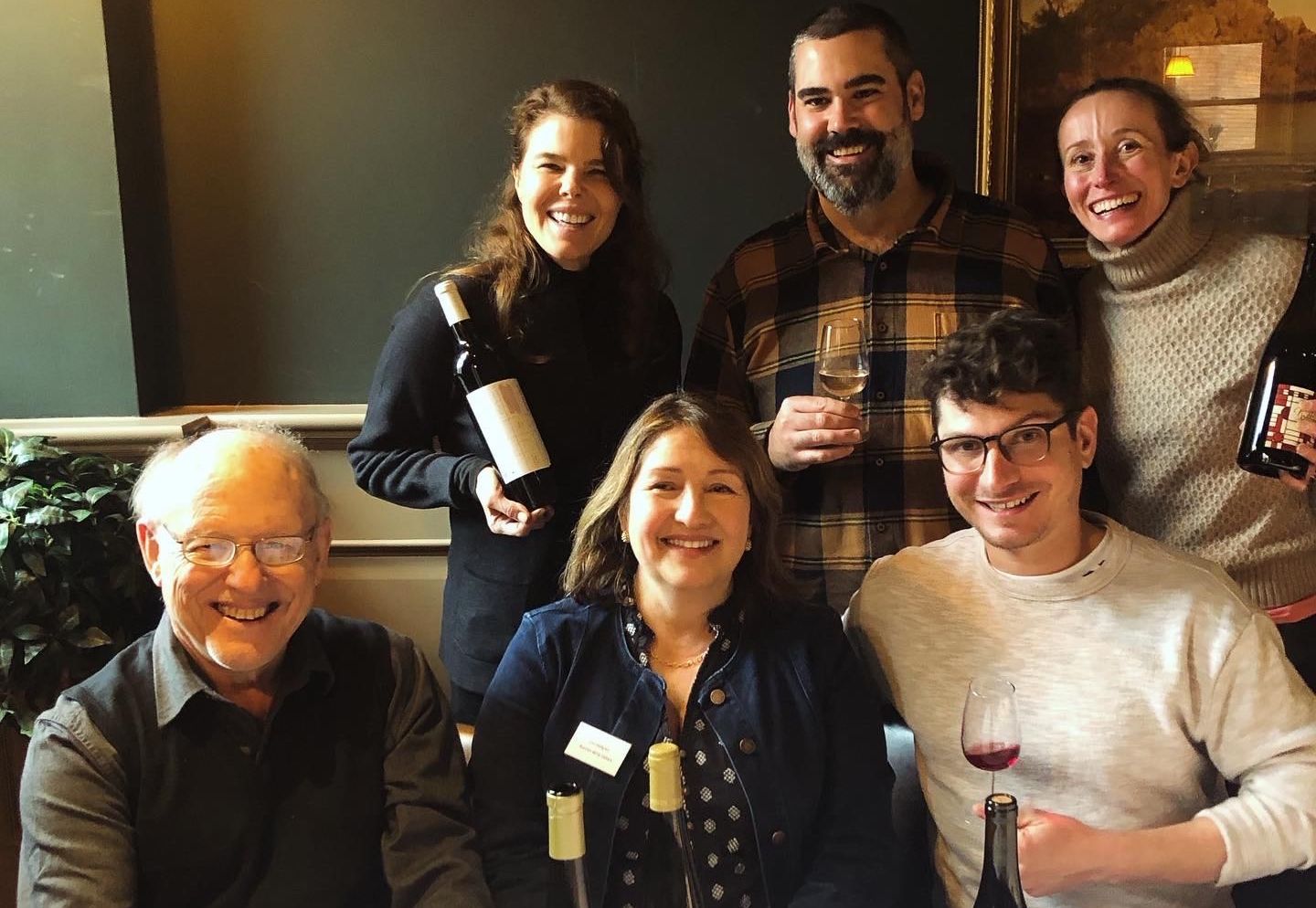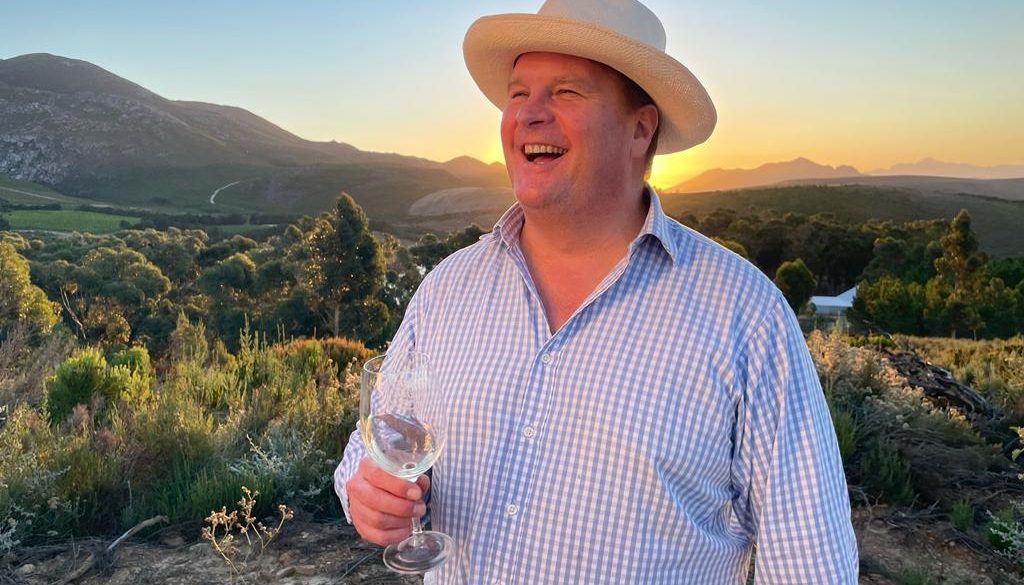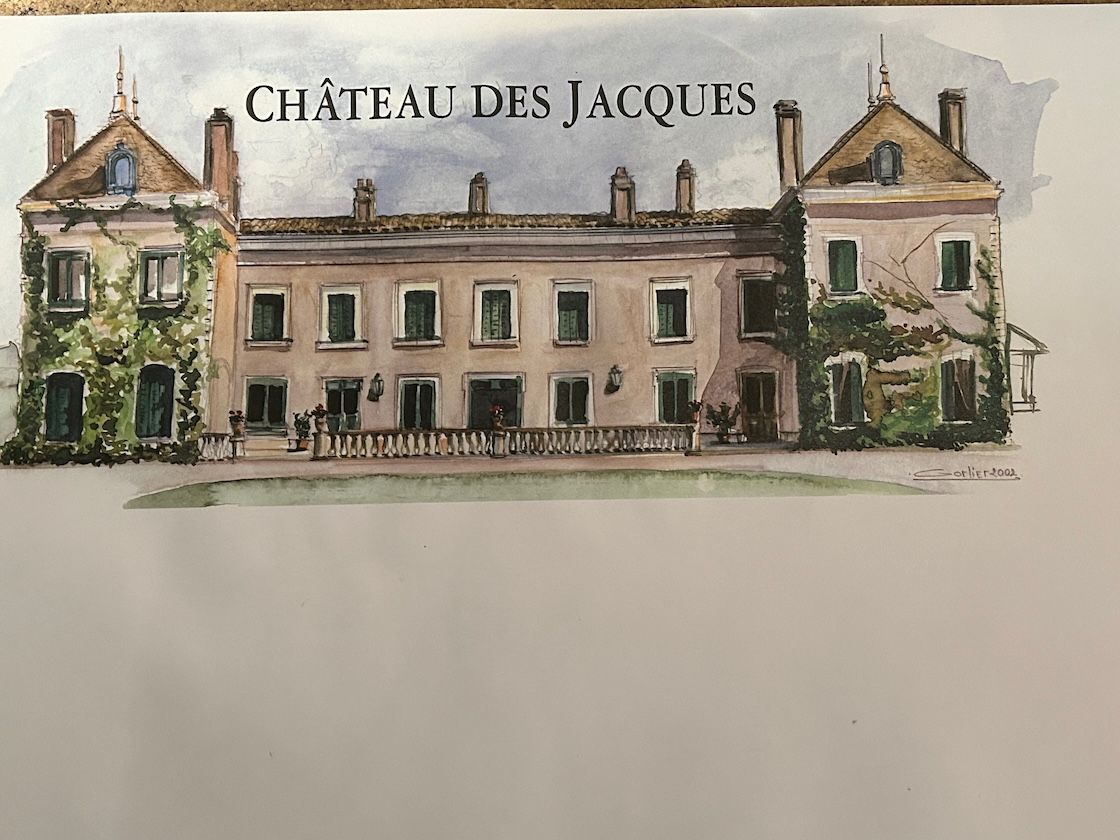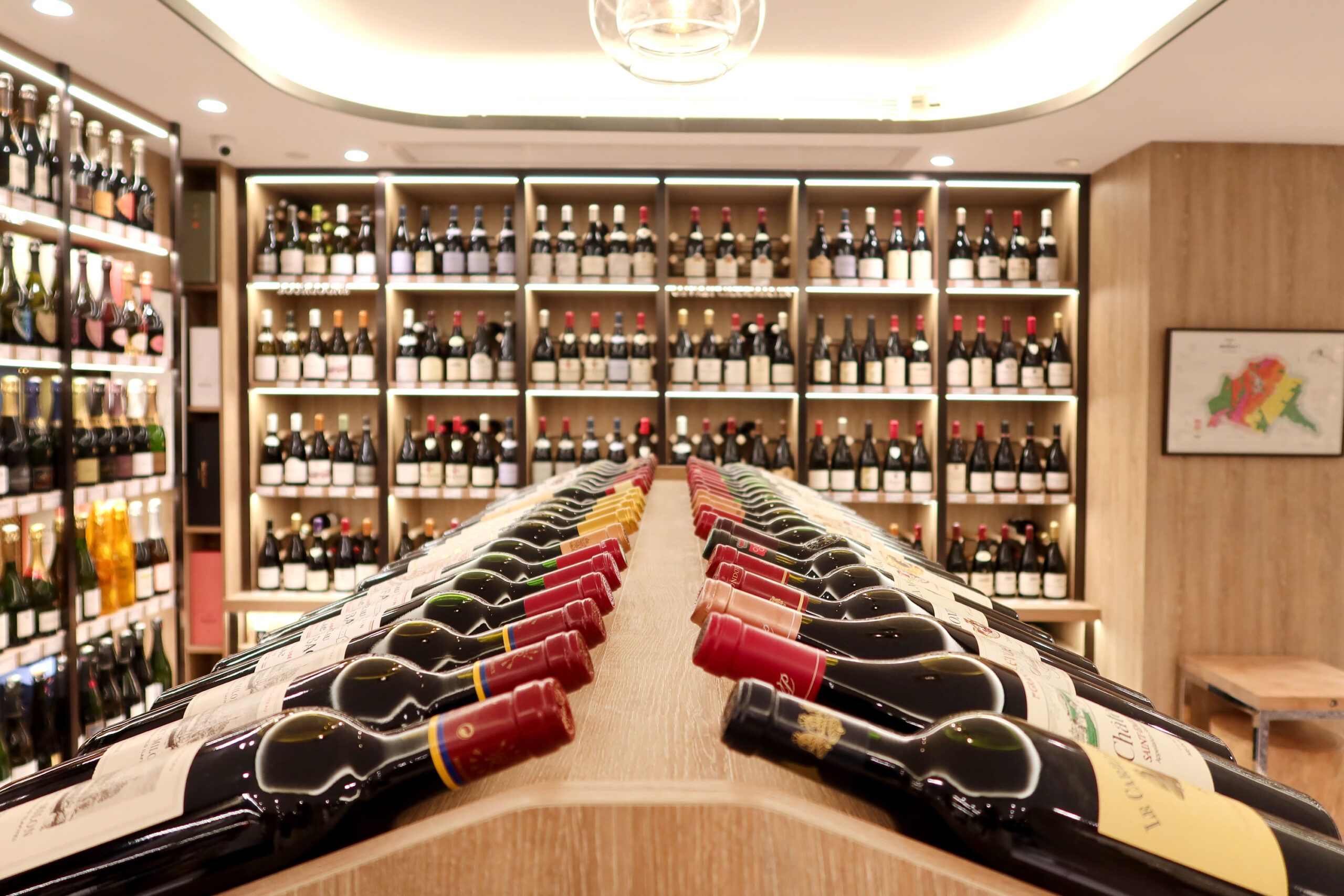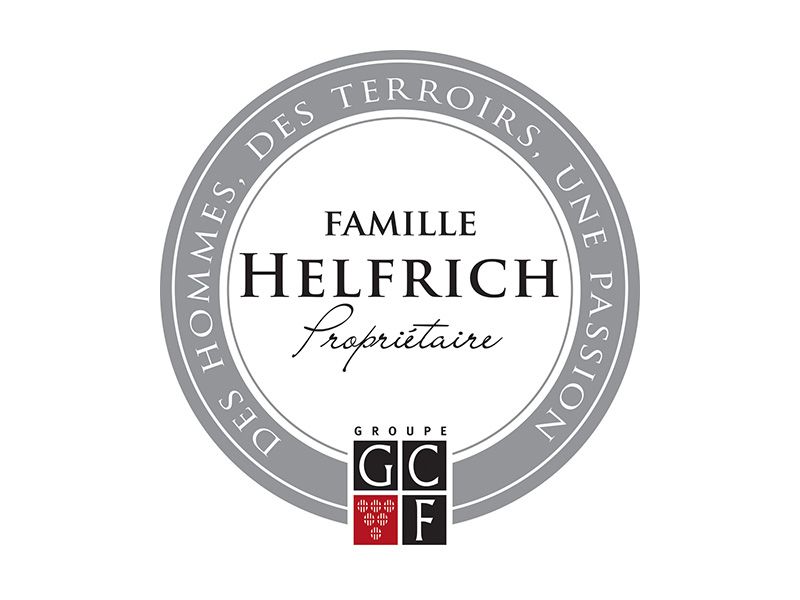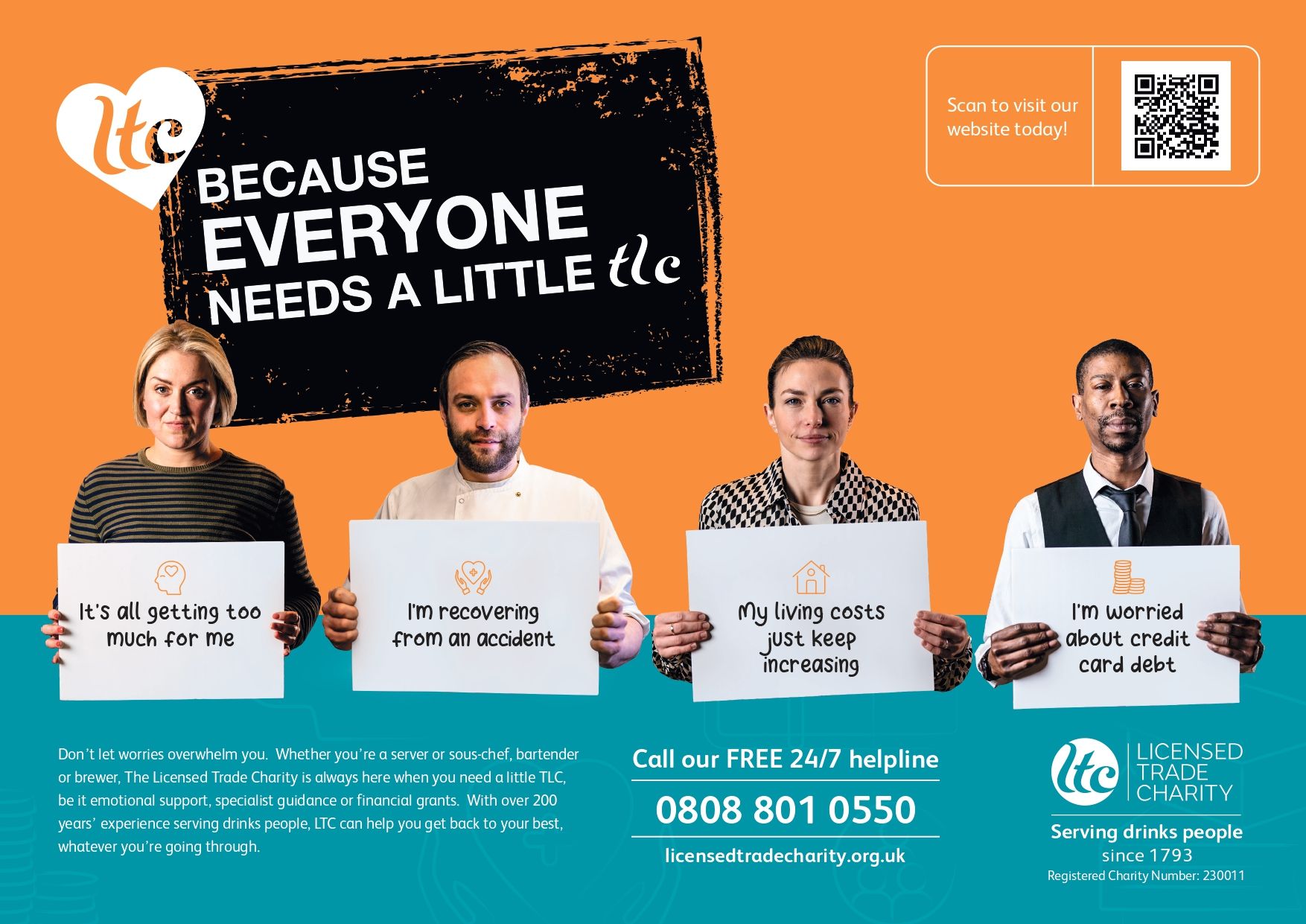Joe Fattorini is not a fan of any marketing that singles out millennials over other age groups, particularly when it comes to talking about promoting wine. Here’s why…
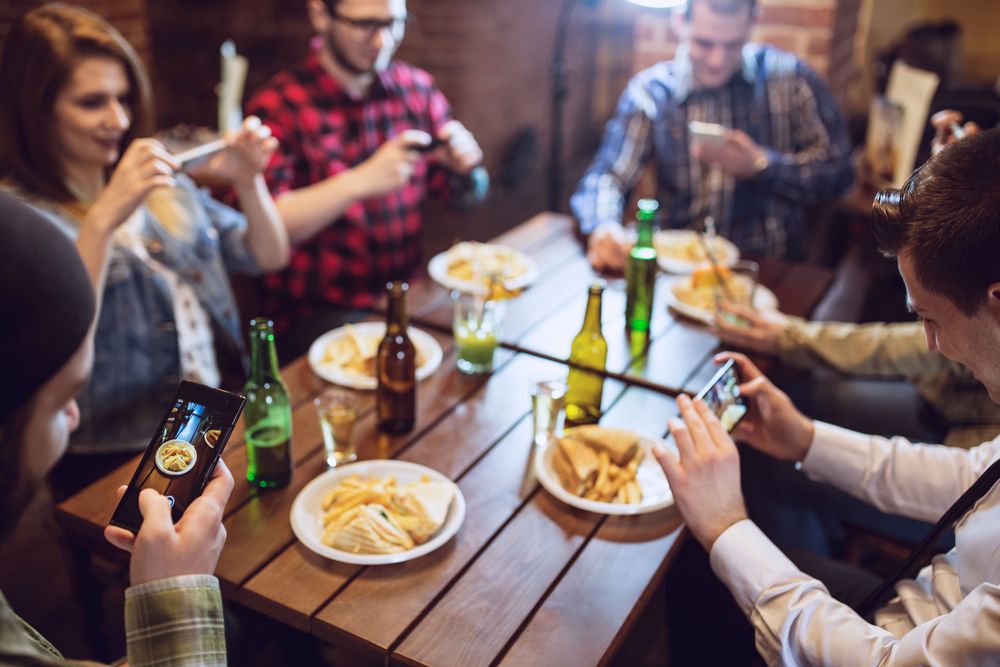
Stereotyping millennials: are they are all taking pictures of their food and sharing them on Snapchat?
Here’s a way to save time and frustration in 2017. Ignore anything that mentions millennials. Or purports to speak for millennials. Or gives you ‘insight’ into millennials. Why? Because whatever you’re about to read is meaningless. Millennials aren’t different. They’re not special either. They just have firmer thighs.
You’ll have read a lot about millennials. If you work in marketing you’ll have read about 42 times as much about millennials as any other age-group cohort. People like Baby Boomers, Gen Xers and the rest. How do we know this? Because someone has counted how many times millennials are mentioned in marketing publications versus other age groups. Ask yourself this. Is 10% of the population, with less than 10% of the disposable income, 42 times more important than every other consumer group combined? If you’re not sure, the answer is ‘no’.
Then ask yourself if millennials constitute a consumer group at all. First-term, first-year marketing students learn from the great Bill Stanton: “Market segmentation is the process of dividing the total heterogeneous market for a good or service into several segments. Each of which tends to be homogeneous in all significant aspects to each other, and heterogeneous to those in other segments.”
When it comes to wine, is a 31 year old married father of two pipe fitter-welder from Sunderland “homogeneous in all significant aspects” to a 20 year old single woman PR account executive from Fulham? And indeed, is our PR account executive’s approach to wine heterogeneous “in all significant aspects” to all other Fulham-based PR professionals who just happen to be older than her? If you’re not sure, the answer once again is ‘no’.
Are millennials really that different?
When it comes to wine, we’re told millennials have a unique thirst for new regions and producer heritage. They’re idealists with an exceptional sense for the authentic. And they’re multi-taskers. Which is helpful. Because depending which wine trade research you read, they’re both price-conscious and high-spending. But do you honestly believe that people aged between 18 and 33 value the authentic whilst everyone older values the ersatz?
It’s only meaningful telling us millennials have a thirst for new regions and heritage, if old buggers like me have no interest in trying interesting wines made by people with interesting stories. Me and the other 90% of the population (and more than 90% of the disposable income and more than two thirds of all wine sales) who happen not to be millennials.
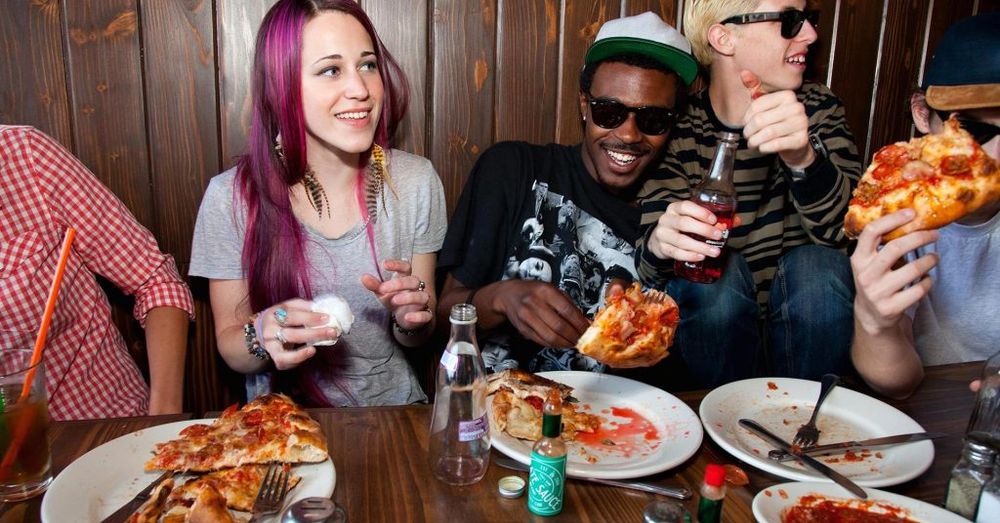
Why do we talk about millennials as one collective group when they are all very different in their needs and backgrounds, says Fattorini
People aged 18 to 33 are not all the same. The Duchess of Cambridge and Jemma Lucy are not “homogeneous in all significant aspects to each other”. Turns out they’re not uniquely different to the rest of us either. Look at research from CEB, a consulting firm. Or the Centre for Creative Leadership. The Economist says both underline how “human commonalities swamp both individual differences and generational variations”.
Marketing commentator and professor, Mark Ritson puts it slightly differently. He picked apart the results of a Futurecast report, “The Millennial Mindset”. This study asked 2,500 consumers aged 18 to 65, 200 questions on various belief statements. These were clustered around Innovation, Purpose, Social, Self and Awareness. Ritson looked at the difference between millennials and the wider population. “For those of you who don’t have a PhD in statistical analysis,” says Ritson looking at the results, “it’s called ‘fuck all’ in a text book”. Please forgive his French.
Why are we obsessed in millennials?
So why do we hear so much about millennials? Because they’re young. And young is sexy. Young is vivacious. Young means having firm thighs and freedom and not having to go home to a crabby partner and infant vomit and reminders of your abandoned dreams at the end of the day. But just because millennials are young doesn’t mean grouping them together is good marketing.
If you work in wine marketing, stop looking for a vapid, sexy shortcut and go and talk to your customers.
Find genuinely homogeneous groups of wine drinkers with true common interests and values. Things that make those groups measurably different from other groups of wine drinkers.
Wine businesses will wither unless they appeal to a new generation of wine lovers. That much is true. But it takes hard work. There are a lot of people trying to sell you snake oil about millennials. Don’t buy it. Don’t bother reading it either.
- Joe Fattorini is a presenter on The Wine Show and consultant to wine businesses in the UK and Middle East. He has his own management consultancy practice specialising in marketing communications and management development.
